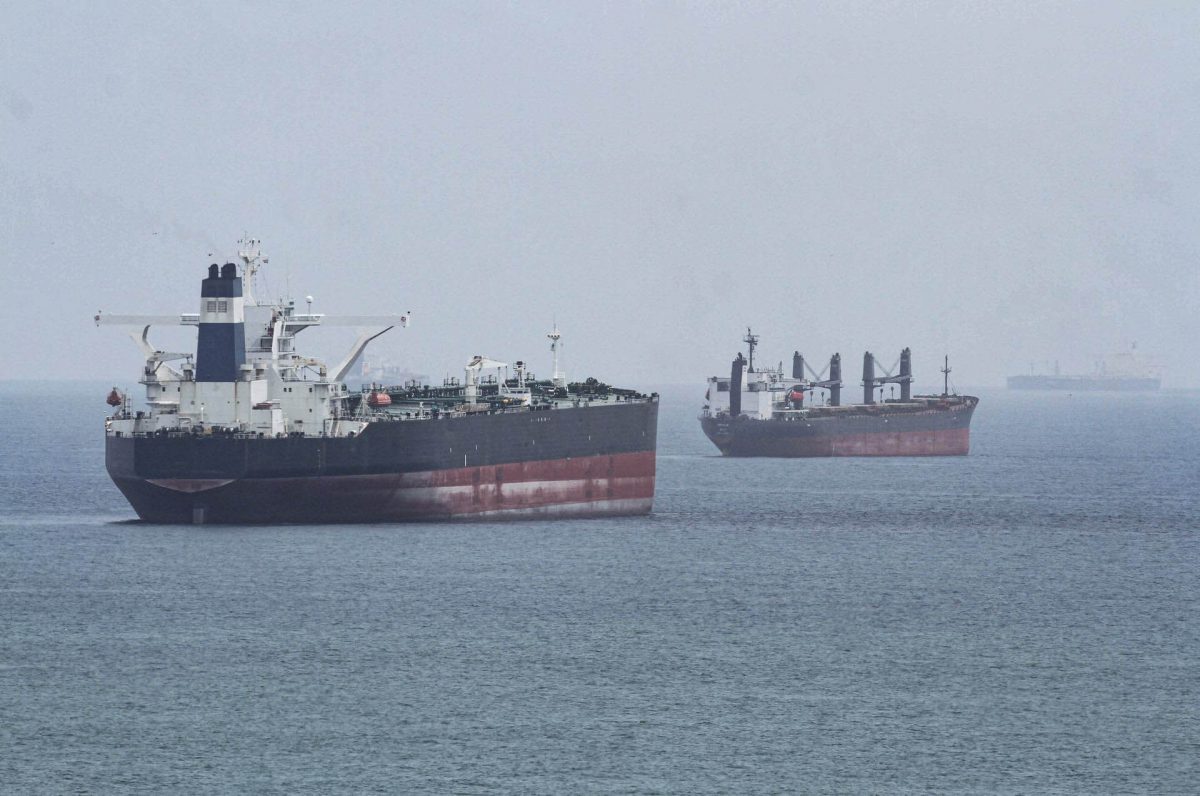Earnestly seeking to extricate itself from the devastation of its once globally recognized oil and gas industry, Guyana’s western neighbour, is reportedly earnestly seeking to fashion a new business culture for dealing with its business partners. A January 30 Reuters report says that the country’s state-run oil company PDVSA is beginning to play hardball with buyers of Venezuelan crude, insisting on pre-payment ahead of the loading of vessels. Reuters reported that a rigid ‘pay first’ system has been put in place by PDVSA’s new Chief Executive Pedro Tellechea, even as his country makes clear its anxiety to receive payments before the oil-laden ships leave the country.
With a number of the country’s buyers having reportedly ‘skipped’ the country without settling their debts to PDVSA, the Maduro administration now appears to have drawn a line in the sand, insisting on a rigid payment regime for buyers of the country’s main economic asset. The new, reportedly inflexible payment regime had reportedly been preceded by an extensive audit of supply contracts. While this was ongoing, PDVSA reportedly moved to freeze a number of loadings and even turned some vessels away, Reuters said. As part of a new regimen for doing business, PDVSA had mostly moved to delay oil exports until a comprehensive review was completed and sales contracts either modified or ratified. Reuters reported that up to just over a week ago, twenty-eight super tankers were ‘in line’ to load some 45 million barrels of crude and fuel for export while a further four loaded ships were awaiting clearance to sail. Venezuela is currently preoccupied with making up for lost time…and resources, a circumstance that resulted from the United States’ crippling oil embargo which essentially cut off the majority of Caracas’ access to the global oil market. Understandably, the country has had to do business with current buyers under conditions that reportedly included adjusted contract modalities, some of which reportedly stipulate prepayment for cargoes entirely in cash or through payments in goods and services to Venezuela, which must be delivered before the oil is released to the buyer. Reuters reported that PDVSA has stated that cash prepayment puts it “in a favourable business position because it would secure income for the country that is essential to solve its economic situation.” The new payment models also reportedly set deadlines of less than thirty days for completing bank transfers or settling outstanding debt balances. The new laws also reportedly stipulate that in instances where the extent of the oil sale exceeds the value of the goods or services, Venezuela must receive any outstanding balance in kind before the state assigns the next cargo, a stipulation that does not exclude even the country’s long-term buyers. The Maduro administration, however, appears to have decided to exempt its old allies from the strictures otherwise in place for oil sales.
Reuters said that in January, swap contracts with Cuba’s Cubametales and Iran’s state firm Naftiran Intertrade Co (NICO) were among the few that remained in force. The other notable exception is the US Company Chevron which had earlier been cleared to return to Venezuela to work alongside PDVSA in order that the huge sums owing to Chevron could be liquidated through oil exports. The Reuters report says that while prior to the U.S. sanctions, PDVSA used to receive letters of credit as guarantees if buyers were cleared to become established customers, and payments were completed in 90 days, audit mechanisms were suspended about two years ago as the sanctions forced out traditional clients. Venezuela’s dire economic circumstances has meant that the country is now altogether preoccupied with making the most of the global oil shortage, resulting from Russia’s invasion of Ukraine, a circumstance which twisted Washington’s arm into making concessions on its sanctions on Venezuelan crude exports in order to boost its own energy security. Not least among those concessions was its decision to have Chevron recommence operations in Venezuela, and allowing several other important markets to increase their imports of Venezuelan crude. It has not, however, been all ‘smooth sailing’ for Caracas, however, since technical challenges on the oil recovery side meant that the rate of oil production has reportedly not increased to the extent that had been anticipated. It is this failure of the industry to produce those anticipated levels of oil, up to this time, that has compelled the authorities in Caracas to impose more stringent payment rules in exchange for its crude.






